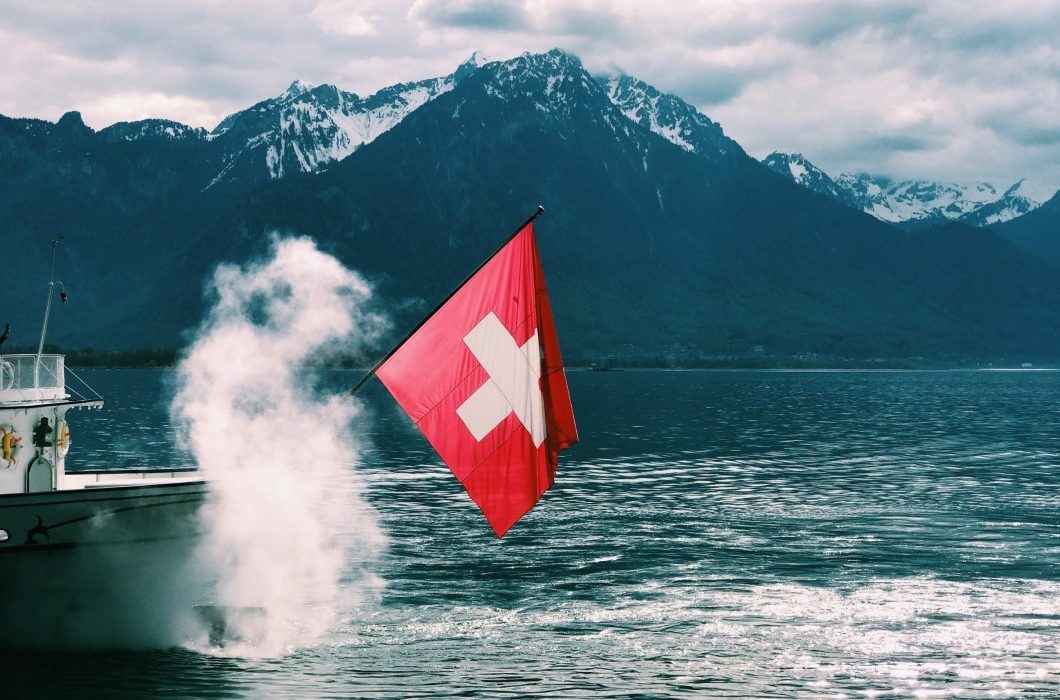
You might also like:
The winter season was already a success, now a strong summer season is to follow. According to economic researchers, the situation in Swiss tourism is as good as it has been for many years.
Foreign tourists, in particular, have provided a recovery in the light of the buoyant economy in the euro area. Adding to that the somewhat relaxed currency situation, the impact on the individual tourism regions is very different.
The Swiss tourism industry, which has been battered for years by the strength of the Swiss franc, has had a successful winter season. According to a study carried out by the Swiss Federal Institute of Economic Research (KOF), this is not only due to the buzzing economy, but also better weather conditions.
Especially the alpine region benefited from the early snow last winter. Specifically, the number of overnight stays increased by 4.6% compared to the last winter season.
Good mood in the industry
“Especially German tourists book their ski holidays in Switzerland again,” said KOF Director Jan-Egbert Sturm. This is also due to the lower price level compared to neighboring countries. “Especially against the long-preferred Austria, Switzerland has again clearly gained in competitiveness,” he added.
Also, regarding the coming summer and next year, KOF expects growing tourist flows. The trend is pointing upwards and the mood among the surveyed hoteliers and the hospitality industry has turned quite clearly.
The fact that domestic demand, which has been stable for years, should continue to generate impetus from abroad is also shown by the development of the labor market in the eurozone. “Swiss tourism depends primarily on consumption and consumption on employment,” Sturm explained. If unemployment continues to fall, tourism benefits as well.
Strong regional differences
The recovery was also broadly-based and all Swiss holiday destinations would have benefited. In the cities, however, the momentum is the highest. In the alpine region, on the other hand, much depends on the weather and development of the currency market. The analysis of KOF also shows that individual Swiss tourism regions benefit differently from exchange rate fluctuations.

Thus said, hotel and accommodation providers in the alpine region are most sensitive to exchange rate changes. According to KOF, a revaluation of the franc by 1% resulted in an average of less than 2% fewer overnight stays. In urban areas, this factor is not that significant.
According to the KOF director, the reasons for this are manifold. On the one hand, business travelers ensure stable overnight stays in cities. On the other hand, the price pressure for a holiday family from Europe is higher for a strong franc than for Asian tourists, Sturm summed up.
Source: tourism-review.com
